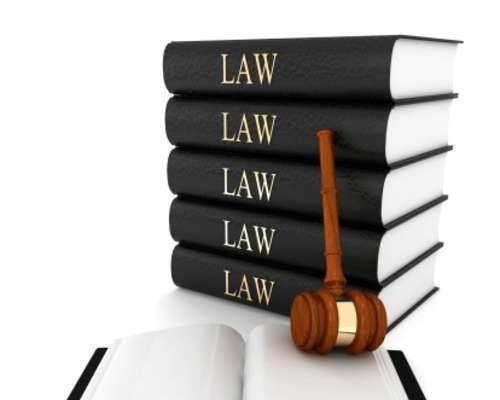What Does it Mean to Buy Property

Buying property is, in its most basic form, a relatively simple affair. The buyer would exchange some other form of property or money with the seller in order to obtain property rights to the property in question. This is the core basis of buying property. The exact rules, however, may vary depending upon the situation, the type of property being bought, and the financial status of the individuals on either end of the transaction.
For instance, the process of buying property in Argentina would be different from the process of buying property in America, or buying property in France, as the exact laws of those nations would all have some influence upon the process of buying property in those nations.
Most often, these differences are pronounced when an individual wants to buy property of a real property nature, as opposed to personal property. Real property is property which is immovable, such as a building, or a piece of land. To buy real property often costs significantly more money than does buying personal property, and it may be a more rigorous process.
In America, to buy real property, one must get in touch with the appropriate seller. Sometimes, the seller is the owner of the property him or herself, but often enough, a seller will sell through an agent. For instance, in the case of real estate, someone looking to buy property might have to go to the agency that was helping to sell that property, as opposed to going directly to the owner of that property. A potential buyer might also have to consult with a bank in order to secure a loan for the funds necessary to buy property of such a costly nature, as well.


















